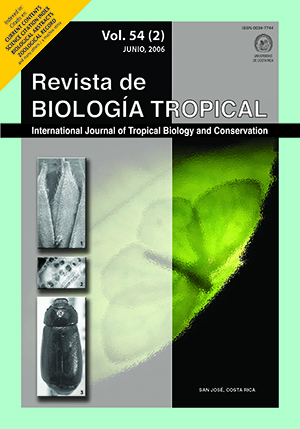Abstract
We studied the effects of season and management practices on chemical properties and biochemical parameters in a typical Ultisol soil of native and introduced pastures of the Eastern savannas of Venezuela. Sseason, soil management, and their interaction, significantly affected chemical properties and biochemical parameters. The total carbon and the water soluble carbon experienced a significant decrease during the wet pereiod. The basal respiration, the argi-nine ammonification (AA) and the fluoriscein diacetate hydrolysis showed showed a relatively low microbial activity. The transformation of native savannas to pastures systems of B. brizantha and S. capitata increased the organic matter content in soil. The AA and the basal respiration were sensible indicators to estimate changes in soil quality and also reflected the interaction of temporal changes and management practices.
##plugins.facebook.comentarios##

This work is licensed under a Creative Commons Attribution 4.0 International License.
Copyright (c) 2006 Revista de Biología Tropical






